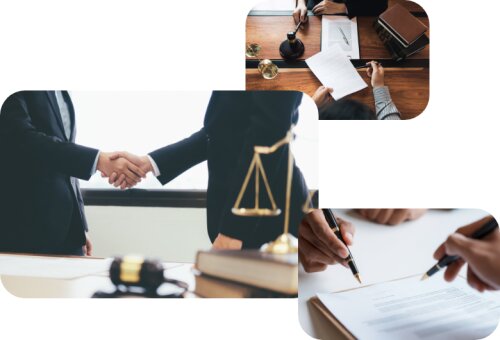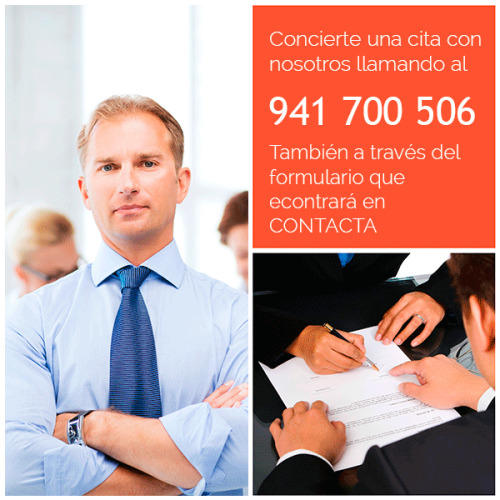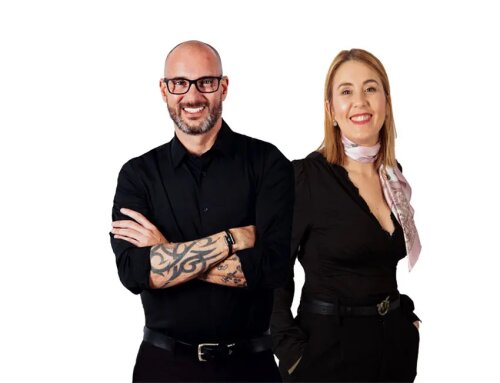Best Child Abuse Lawyers in Spain
Share your needs with us, get contacted by law firms.
Free. Takes 2 min.
Free Guide to Hiring a Family Lawyer
Or refine your search by selecting a city:
List of the best lawyers in Spain
About Child Abuse Law in Spain
Child abuse in Spain is a significant concern addressed by a comprehensive legal framework designed to protect the welfare and rights of children. Spanish law categorizes child abuse as physical, emotional, and sexual abuse, as well as neglect. The Spanish government, along with various organizations, is committed to preventing child abuse and ensuring that offenders are prosecuted and held accountable for their actions. Several legal instruments are in place, including the Child Protection Act, which emphasizes safeguarding children's well-being and providing support services to affected individuals and families.
Why You May Need a Lawyer
In cases of child abuse, seeking legal assistance is crucial for various reasons. If you or someone you know is a victim of child abuse, a lawyer can help navigate the legal system, advocate on behalf of the victim, and ensure that justice is served. Legal help may also be needed if you are wrongly accused of child abuse, as you will require professional assistance to defend your rights. Additionally, legal advice is essential if you're involved in custody disputes involving allegations of abuse, or if you're a mandated reporter unsure of the legal requirements and protections in place.
Local Laws Overview
Spain has established comprehensive laws to address and prevent child abuse. The Penal Code of Spain outlines the criminal activities related to child abuse, with penalties varying according to the severity and nature of the abuse. Spanish law mandates the reporting of suspected child abuse by professionals such as teachers and healthcare providers. Additionally, the Organic Law on the Legal Protection of Minors complements these provisions by setting out guidelines for proactive protection and rehabilitation of child victims. Spanish family law courts take allegations of child abuse seriously, particularly in custody cases, where the best interest of the child is the paramount consideration.
Frequently Asked Questions
What constitutes child abuse under Spanish law?
Child abuse in Spain includes physical, emotional, or sexual harm or neglect inflicted on a minor. Spanish law focuses on protecting children from any form of harm or endangerment.
What are the legal consequences of committing child abuse in Spain?
Penalties for child abuse in Spain range from fines and mandatory rehabilitation programs to imprisonment, depending on the severity and circumstances of the abuse.
Who is required to report suspected child abuse in Spain?
Professionals such as teachers, doctors, and social workers are legally obligated to report any suspicions of child abuse. Failing to report can result in legal consequences for mandated reporters.
Can a child testify in court about abuse in Spain?
Yes, children can testify in court, and there are special procedures to ensure their comfort and safety during the process, such as having a psychologist present or using video testimony.
How does the Spanish legal system protect child abuse victims?
The Spanish legal system provides various protective measures, including restraining orders against abusers, access to counseling and support services for victims, and specialized legal assistance.
Can custody be lost due to accusations of child abuse?
Yes, if someone is proven to have committed abuse, it can result in losing custody rights, as the court prioritizes the child's safety and best interests.
Is there a statute of limitations for reporting child abuse in Spain?
Yes, there is a statute of limitations, but it varies depending on the type and severity of abuse. Recent reforms have extended these periods to allow victims more time to come forward.
What kind of support is available for child abuse survivors in Spain?
Survivors of child abuse in Spain have access to psychological counseling, legal aid, and specialized support services provided by governmental and non-governmental organizations.
Can foreign nationals seek legal assistance for child abuse cases in Spain?
Yes, foreign nationals residing in Spain or those whose cases involve Spanish jurisdiction can access legal services and protections under Spanish law.
How are child abuse cases processed in the Spanish legal system?
Child abuse cases are processed through criminal courts, with involvement from specialized units within the police and judiciary. The process prioritizes the child's safety and welfare throughout.
Additional Resources
Several resources are available for those seeking help or information about child abuse in Spain:
- The Spanish Ministry of Health, Social Services and Equality provides support and guidance on child protection.
- Federación de Asociaciones para la Prevención del Maltrato Infantil (FAPMI) works on preventing child abuse and supporting victims.
- International organizations like UNICEF offer resources and advocacy for children's rights in Spain.
Next Steps
If you require legal assistance in a child abuse matter in Spain, the following steps can guide you:
- Contact a lawyer specializing in child abuse or family law. Look for professionals with experience in Spanish legal procedures regarding child welfare.
- Gather all relevant information and documentation related to the case to ensure your lawyer has all necessary details to provide accurate advice.
- Seek support from local organizations that offer legal aid, such as bar associations, non-profit organizations, and government bodies that specialize in child protection.
- Consider reaching out to child advocacy centers or helplines that can provide both emotional and practical support throughout the legal process.
Lawzana helps you find the best lawyers and law firms in Spain through a curated and pre-screened list of qualified legal professionals. Our platform offers rankings and detailed profiles of attorneys and law firms, allowing you to compare based on practice areas, including Child Abuse, experience, and client feedback.
Each profile includes a description of the firm's areas of practice, client reviews, team members and partners, year of establishment, spoken languages, office locations, contact information, social media presence, and any published articles or resources. Most firms on our platform speak English and are experienced in both local and international legal matters.
Get a quote from top-rated law firms in Spain — quickly, securely, and without unnecessary hassle.
Disclaimer:
The information provided on this page is for general informational purposes only and does not constitute legal advice. While we strive to ensure the accuracy and relevance of the content, legal information may change over time, and interpretations of the law can vary. You should always consult with a qualified legal professional for advice specific to your situation.
We disclaim all liability for actions taken or not taken based on the content of this page. If you believe any information is incorrect or outdated, please contact us, and we will review and update it where appropriate.
Browse child abuse law firms by city in Spain
Refine your search by selecting a city.
















